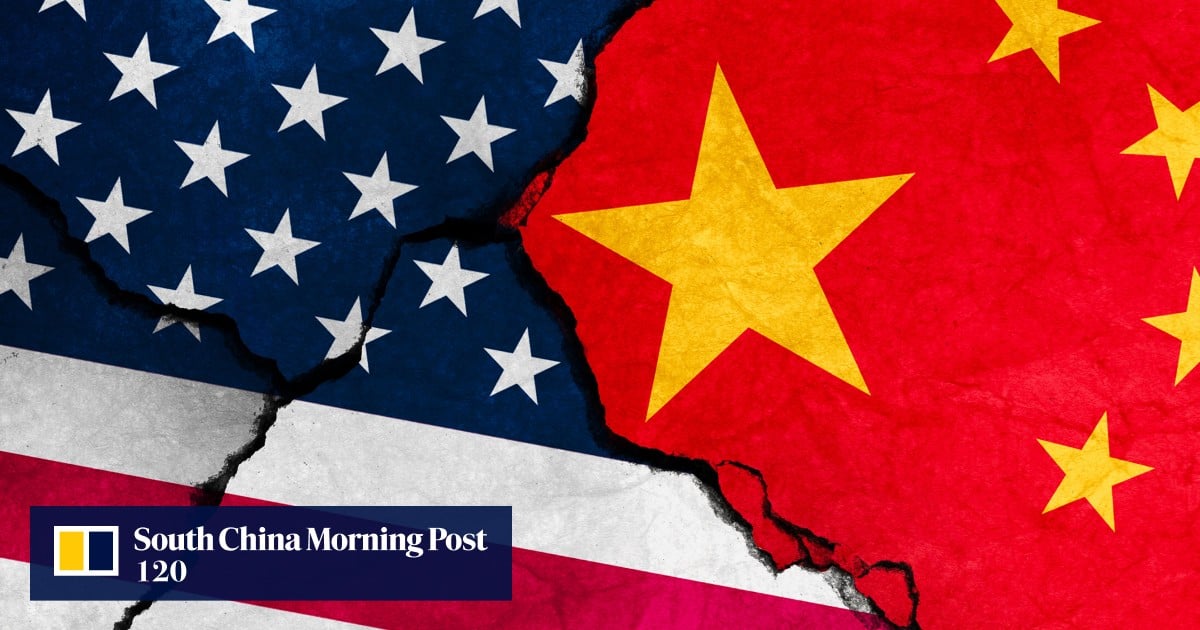
The supply chains between China and the United States are more closely intertwined than some previously realised, and high-level communication needs to be strengthened to mitigate conflict and give businesses more certainty and liberty, a World Trade Organization official warned on Thursday.
“I very much hope that the two sides can reach an agreement on the framework of future Sino-US relations through pragmatic discussions,” the WTO’s deputy director general, Zhang Xiangchen, said during a keynote speech on the opening day of the Caixin Summit in Beijing.
“Both parties should work together to seek a relatively stable relationship based on acknowledging the existence of huge differences, while maintaining smooth communication.”
China flags readiness to work with US ‘at all levels’ ahead of Apec summit
China flags readiness to work with US ‘at all levels’ ahead of Apec summit
He, China’s top economic and financial policy official, is expected to meet US Treasury Secretary Janet Yellen for two days of meetings, on Thursday and Friday.
During the July-September period, China saw its first-ever quarterly deficit in direct investment liabilities – a broad measure of foreign direct investment (FDI) that includes foreign companies’ retained earnings in China – with a US$11.8 billion decline, according to the preliminary balance of payments data released by the exchange regulator.
“Enterprises have hesitations in many investments, especially long-term investments, due to the instability of policies and environment,” Zhang said. “Pursuing supply-chain security and diversification is now a normal and inevitable trend for businesses.
“What the government should do is to provide companies with as much policy predictability and certainty as possible, reduce corporate risks and leave the power to adjust the supply chain to companies.”
And that, he said, warrants high-level discussions.
Ex-Beijing official urges foreign investors’ return, hails US-China trade
Ex-Beijing official urges foreign investors’ return, hails US-China trade
European companies have been raising a number of concerns about the deteriorating business environment in China, EU trade chief Valdis Dombrovskis said in a pre-recorded video played during the opening of the Caixin Summit.
“Addressing those concerns would help China attract and retain foreign investment and also help meet its objective of sustainable high-quality economic development,” he said. “So, all in all, I would like to invite China to deliver reciprocity in our trade ties, which would help restore confidence.”
A commentary on Yuyuan Tantian, a social media platform affiliated with Communist Party mouthpiece CCTV, said on Thursday that the US must address Beijing’s concerns and take action.
Such concerns were said to include US economic policies towards China, supply-chain decoupling, semiconductor restrictions, unfair treatment of Chinese investors in the US, and limited bilateral collaborations to take on global challenges.

